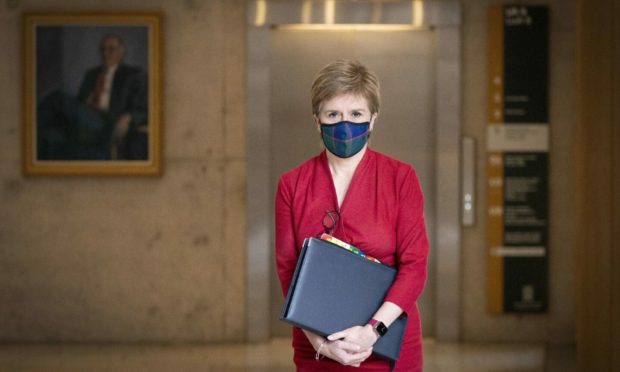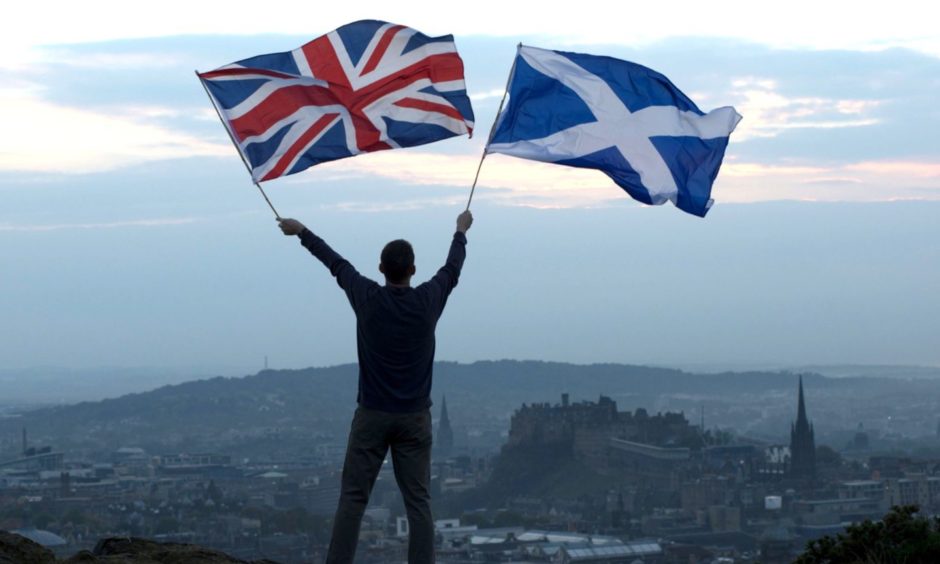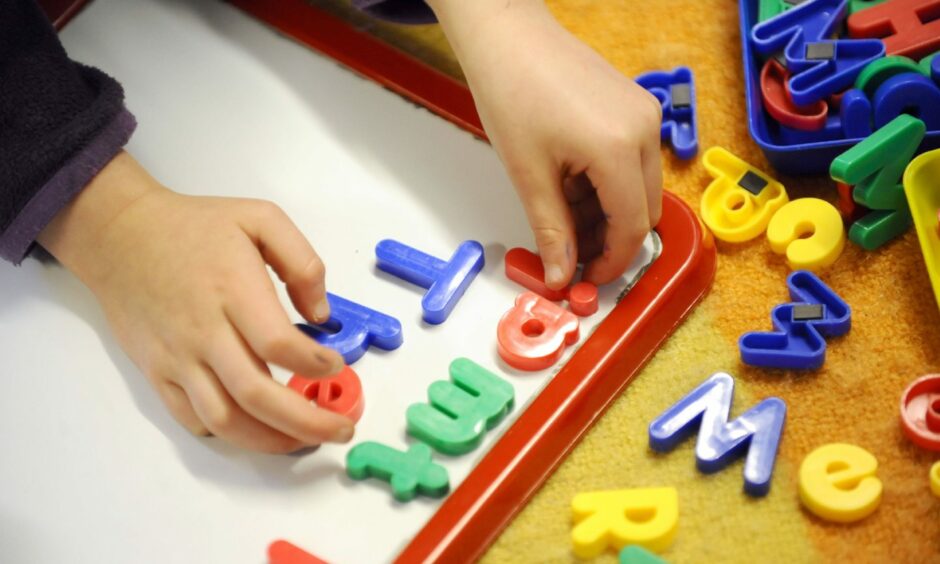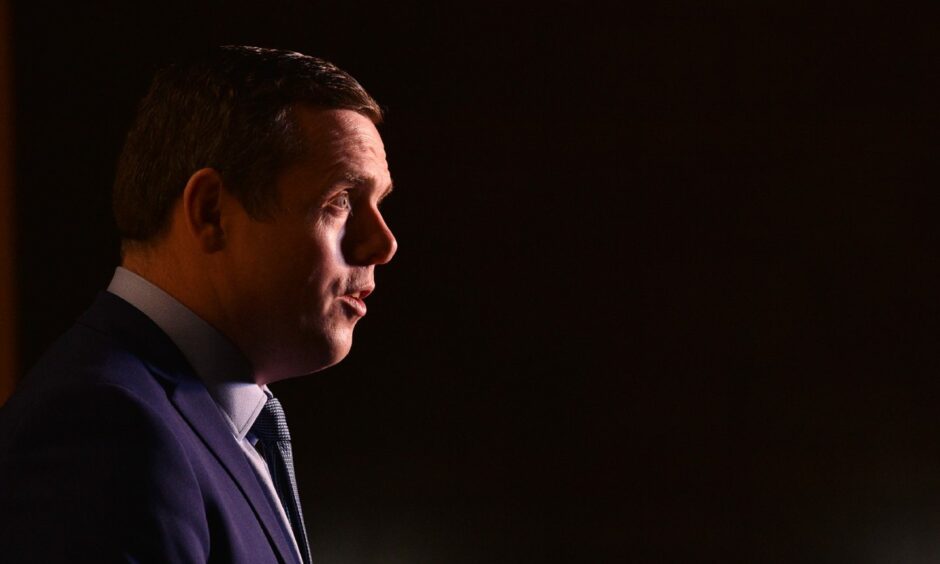Nicola Sturgeon will reveal the Scottish Government’s programme for government today, outlining her policy plans for the next year.
The first minister postponed the unveiling of her government’s legislative programme last week, after agreeing to bring the Scottish Greens into government.
The programme for government is published every year at the beginning of September and sets out the actions the Scottish Government intends to take in the coming year and into the five-year term.
Ms Sturgeon is expected to set out her policy plans in the Scottish Parliament after 2pm this afternoon.
This will be followed by a two-hour debate where opposition MSPs will be able to challenge the SNP leader on her government’s priorities.
What will be in the new programme for government?
The programme for government comes after a power-sharing deal was agreed with the Scottish Greens, giving the party two junior ministers in the government.
The first minister is widely expected to set out plans for a second independence referendum after a draft bill was published shortly before May’s Holyrood election.
The co-operation agreement between the two parties includes securing a referendum within the current parliamentary session “on a specific date to be determined by the Scottish Parliament”.
The document states that if the Covid crisis has passed the “intention is for the referendum to be within the first half of the five-year parliamentary session”.
One of the key policies being pursued by the government is to offer free wraparound childcare for the lowest income families in a bid to make it easier for their parents to work, take part in training or study.
A “new vision” for health and social care will also be included in the programme, with the Scottish Government already consulting on plans to establish a new National Care Service.
The transition towards net zero, in response to the climate crisis, is almost certain to feature in the government’s plan, aided by the presence of Greens in government.
Speaking on Tuesday, Ms Sturgeon said she will “secure an economic recovery which is green and fair, and which delivers our ambition to become a net-zero nation”.
Both parties have also committed to reform the Gender Recognition Act (GRA) in the first year of this parliamentary session.
The proposals, which have grown into a far wider discussion around sex and gender, have proven controversial among some women’s rights groups.
What have opposition parties said?
Scottish Conservative leader Douglas Ross said the SNP must “heed warnings” from the businesses community who he claimed are “fearful of the growing influence of the Greens and their extreme economic ideology”.
He called on the first minister to give proposals to rebuild Scotland’s economy “top billing” in her programme for government.
The Highlands and Islands MSP said: “Nicola Sturgeon must avoid at all costs the uncertainty and damage that could stem from shunning the oil and gas industry, punishing car drivers or worst of all, seeking to break up the country in the middle of a crisis”.
Child poverty
Scottish Labour leader Anas Sarwar pushed the two parties to make tackling child poverty one of their priorities for the new term.
He said: “By increasing the Scottish Child Payment to £40, we could wipe out a third of child poverty in Scotland in one move.
“This will transform thousands of lives and it is our best shot at meeting the legally-binding child poverty targets we are set to miss.
“The programme for government must tackle child poverty with the level of ambition and urgency it deserves – anything short of this is a dereliction of duty.”



